Tax windfall at budget time to help fight slowdown: Jim Chalmers
Labor will spend a higher share of the windfall tax gains from sky-high commodity prices in the May budget to help offset the rapid economic slowdown, Jim Chalmers says.
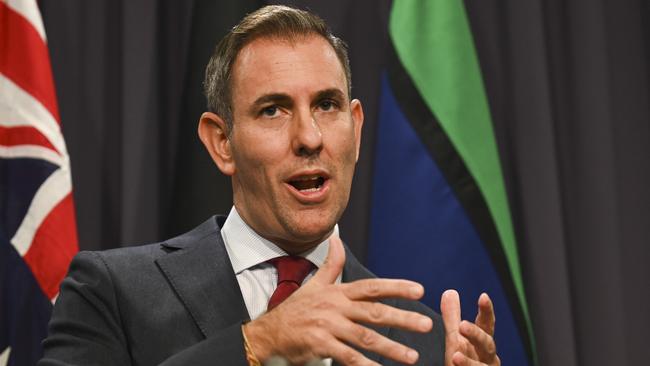
Labor will spend a higher share of the windfall tax gains from sky-high commodity prices in the May budget to help offset the rapid economic slowdown, Jim Chalmers said, as Deloitte forecast growth would sink to its weakest outside the pandemic since the early 1990s recession.
The Treasurer said the government’s fiscal strategy was still to “bank most of the upward revision to revenue, which comes from a combination of higher commodity prices and lower unemployment” but acknowledged that economic conditions had deteriorated since October.
He also flagged the imminent release of 51 recommendations from the Reserve Bank review panel, saying the report would be made public “ideally in the next week, but certainly in the next couple of weeks”.
A summary of the economic inclusion advisory committee’s report on the adequacy – or more likely inadequacy – of welfare rates, including for JobSeeker, will be made available in a similar timeframe.
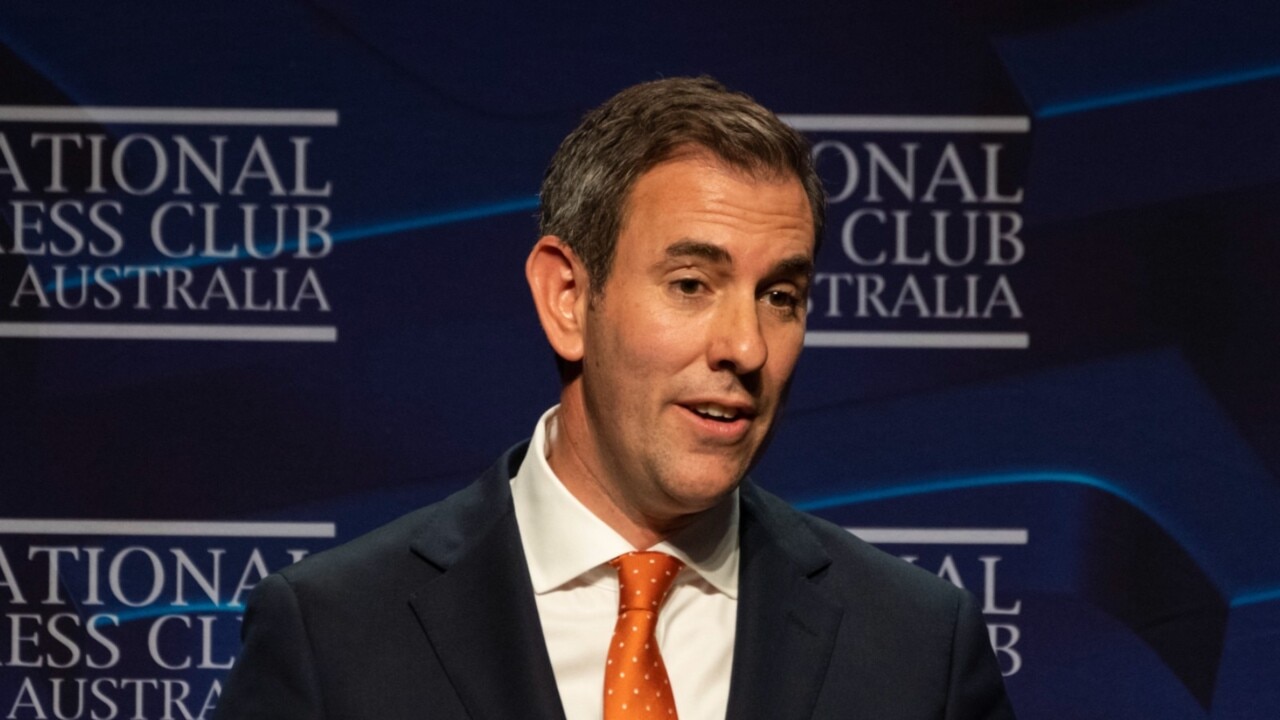
Dr Chalmers on Monday signalled that plotting a path to put the nation’s finances back in the black was beyond the scope of this budget, and likely not a priority in this term of parliament.
However, he said he had accepted Treasury’s recommendation to temper the budget’s highly – and many economists believe overly – conservative commodity price forecasts, which would add billions in tax revenue to the forecast bottom line.
“They (Treasury officials) have a pretty firm view and a clear view that the time is right to change those assumptions. I’ve indicated throughout my preference (that) they may remain conservative and cautious,” he said.
Department of Finance figures released at the end of March showed the revenue boost from Ukraine war-driven high gas and coal prices and persistently high inflation had already produced a $20.5bn improvement in the federal budget’s bottom line.
Despite the improvement, Dr Chalmers said spending restraint remained the priority in the context of a $50bn structural deficit amid the ballooning costs of the NDIS, health, defence, aged care and interest payments on close to $1 trillion in public debt. He said when the inflation challenge was “most acute” around the time of the last budget in October, the government had banked 99 per cent of the revenue gain over two years, and 92 per cent over the four-years forward estimates.
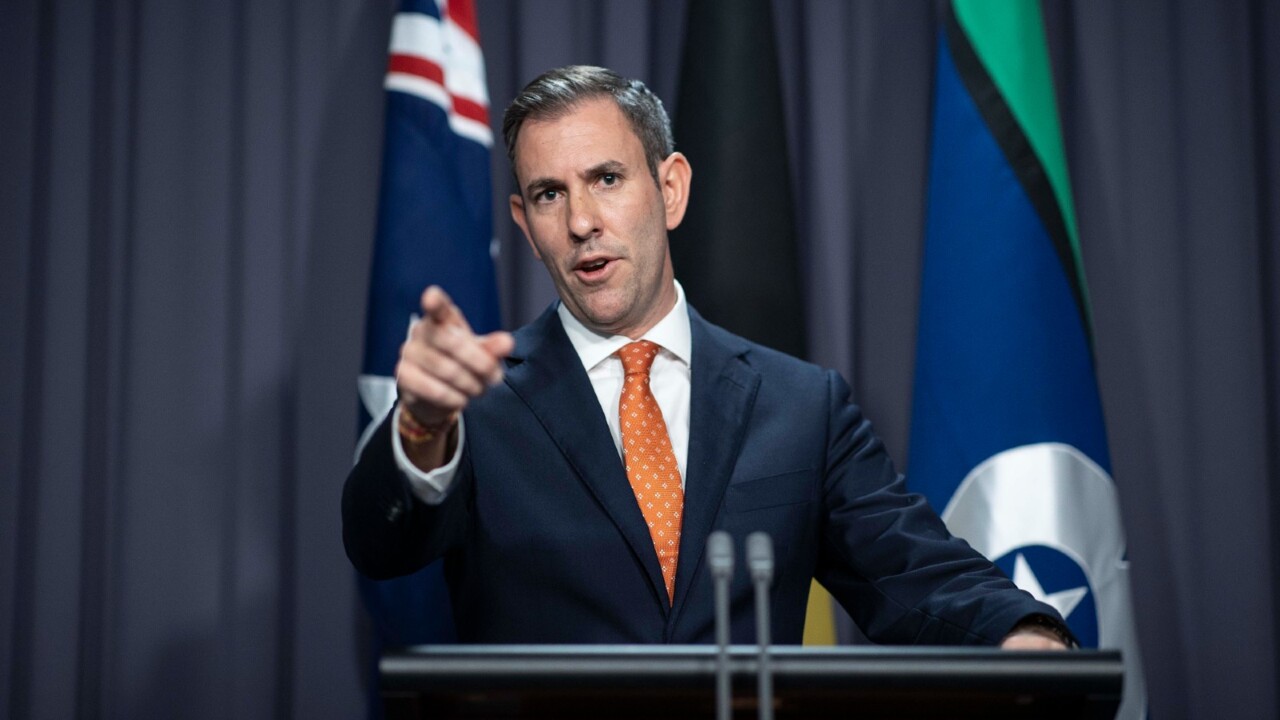
The changed economic circumstances over the past six months, however, would require a slight loosening in the government’s tight grip on the nation’s purse strings.
The fall in inflation this year – from 8.4 per cent in the year to December to 6.8 per cent in February – and clear signs of the impact of surging interest rates on households had changed the equation.
“We are closer to the slowing of the economy. So what we intend to do – subject to decisions taken in the next few days – is to bank most of the upward revision in revenue,” he said.
“It won’t be 99 per cent over the course of the forwards, but it will be most … and that’s because the balance that we have to strike as the economy slows is a little bit different. The strategy will be similar in May (to the last budget), but the conditions are a little bit different.”
Deloitte Access Economics in a new report painted a grim outlook for growth, saying real GDP would grow 1.5 per cent this year, and 1.2 per cent in 2024, versus growth of 3.7 per cent last year.
This compared to October budget forecasts for the economy to grow 2 per cent this year and 1.5 per cent the next.
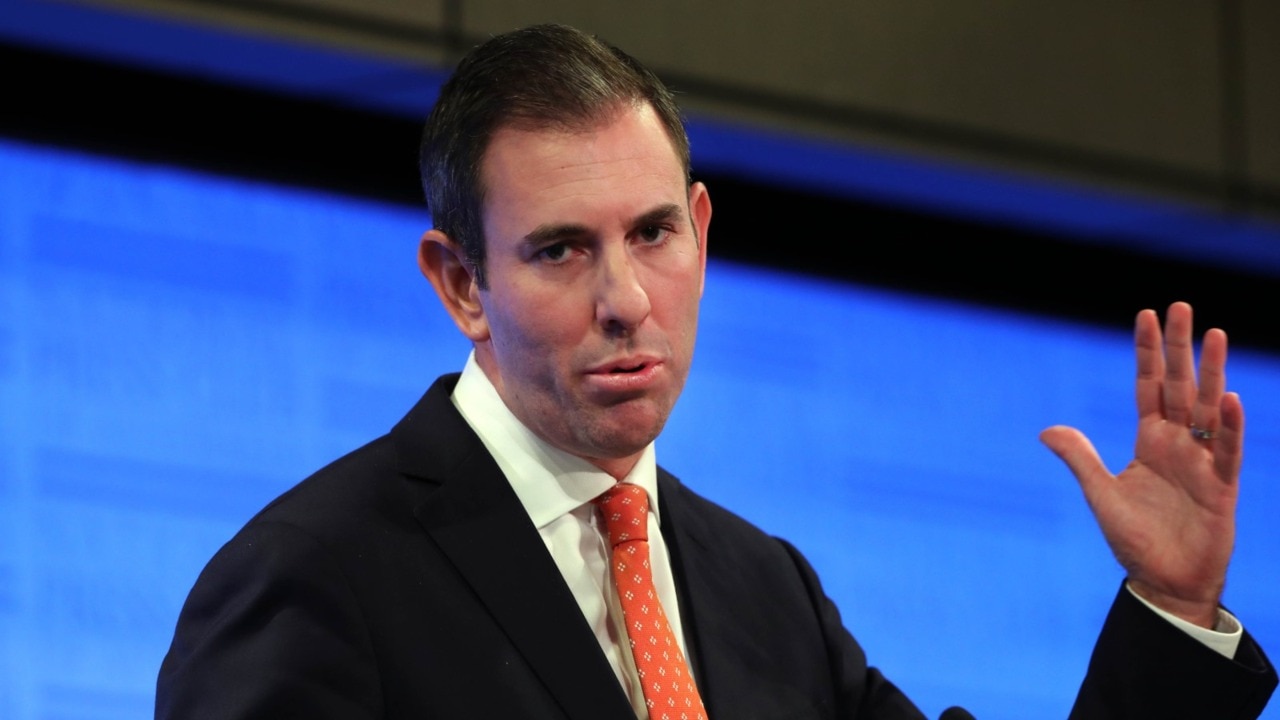
Deloitte partner Stephen Smith said the major downgrade to the outlook was the result of the “unnecessary” decision by the Reserve Bank to raise rates twice this year, in February and March.
“That downgrade is centred on our households, and a ‘consumer recession’ is forecast in 2023, with household spending expected to finish the year below where it started,” Dr Smith said.
The increase in unemployment would remain relatively subdued, ending this year at 3.8 per cent before climbing to 4.4 per cent by the close of 2024 – still well below the 5 per cent level pre-pandemic, the report said.
Dr Smith said 300,000 mortgaged households might already not be able to make ends meet, thanks to the 3.5 percentage jump in interest rates that have left borrowers with a $600,000 mortgage paying $14,000 more in annual repayments than a year ago.
Dwelling construction “in the doldrums” and a “shaky” global environment had also made the forecasts strikingly more pessimistic.
Three weeks out from the Albanese government’s second budget on May 9, Dr Chalmers said “many, if not most” of the remaining decisions would be taken this week, before Treasury and the Department of Finance work to finalise the final document.
More Coverage
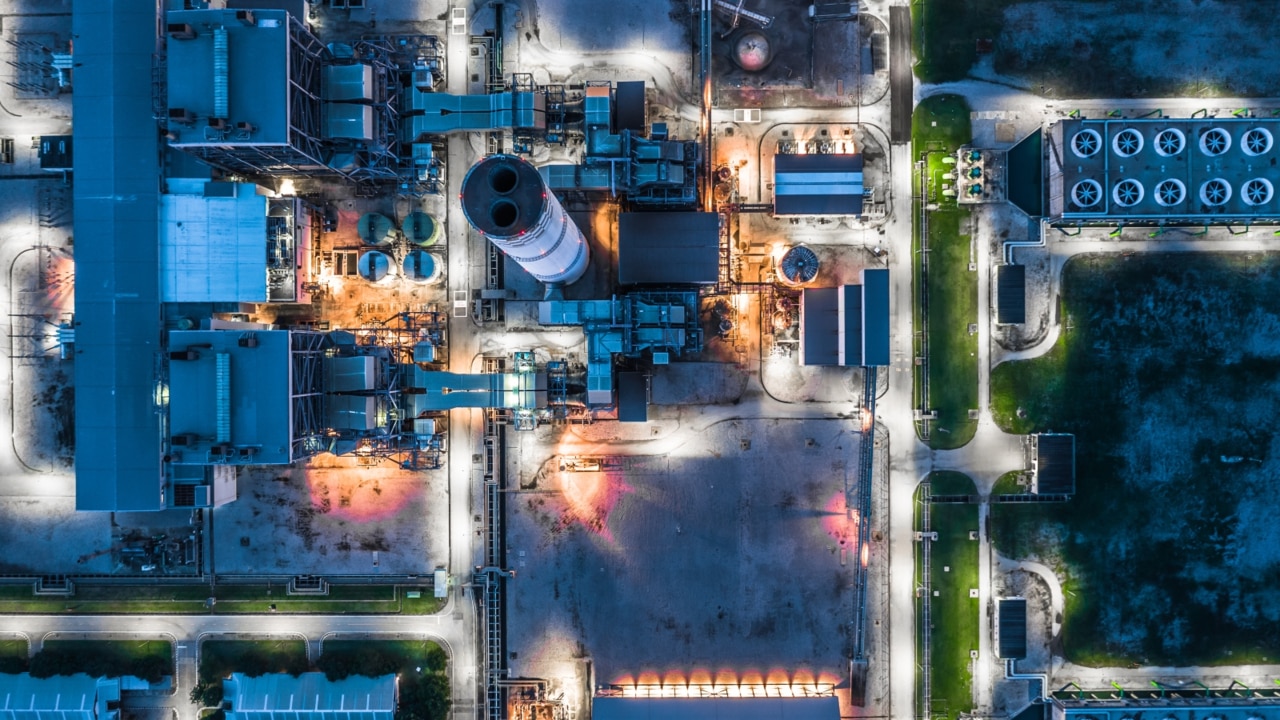


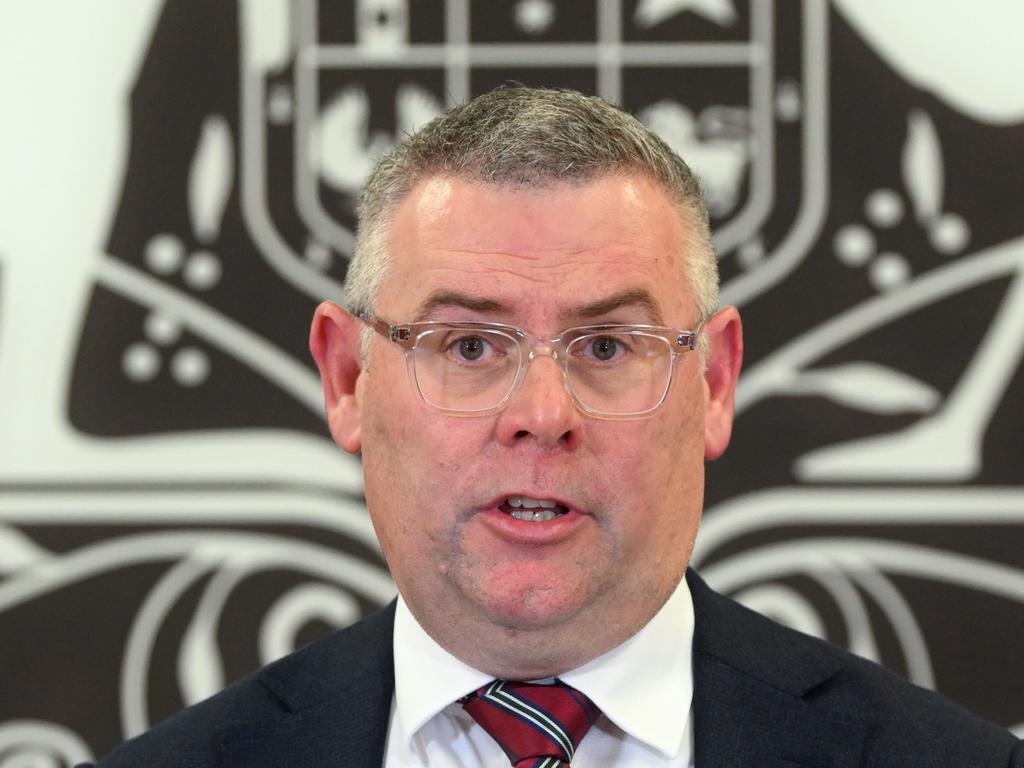

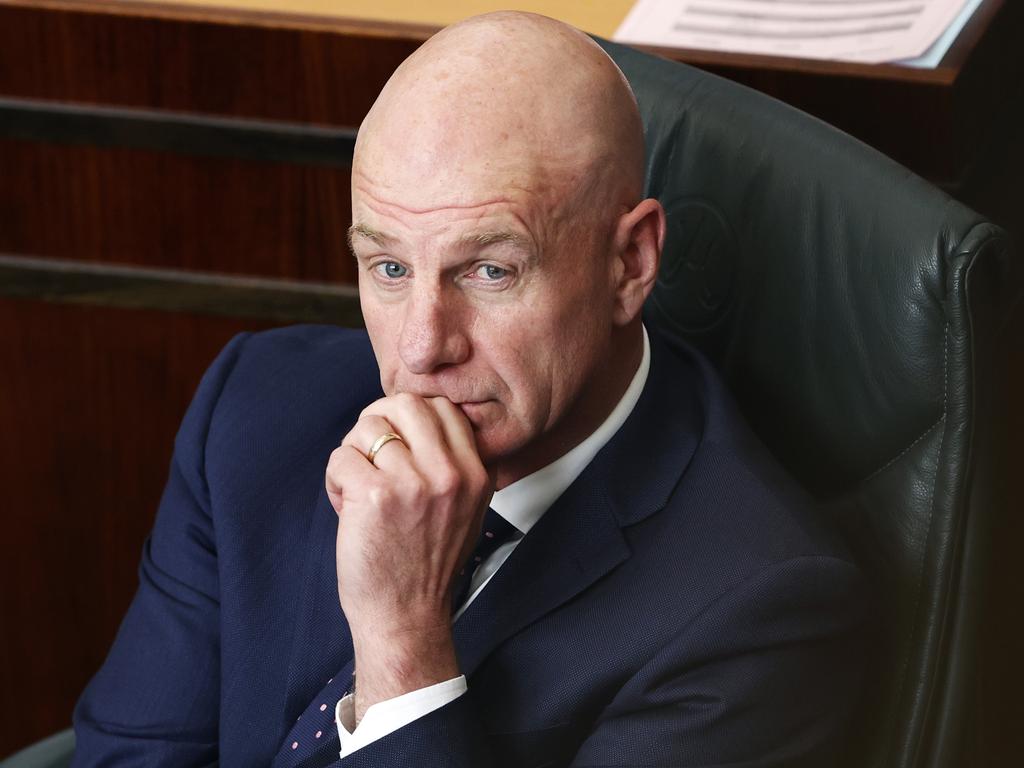



To join the conversation, please log in. Don't have an account? Register
Join the conversation, you are commenting as Logout